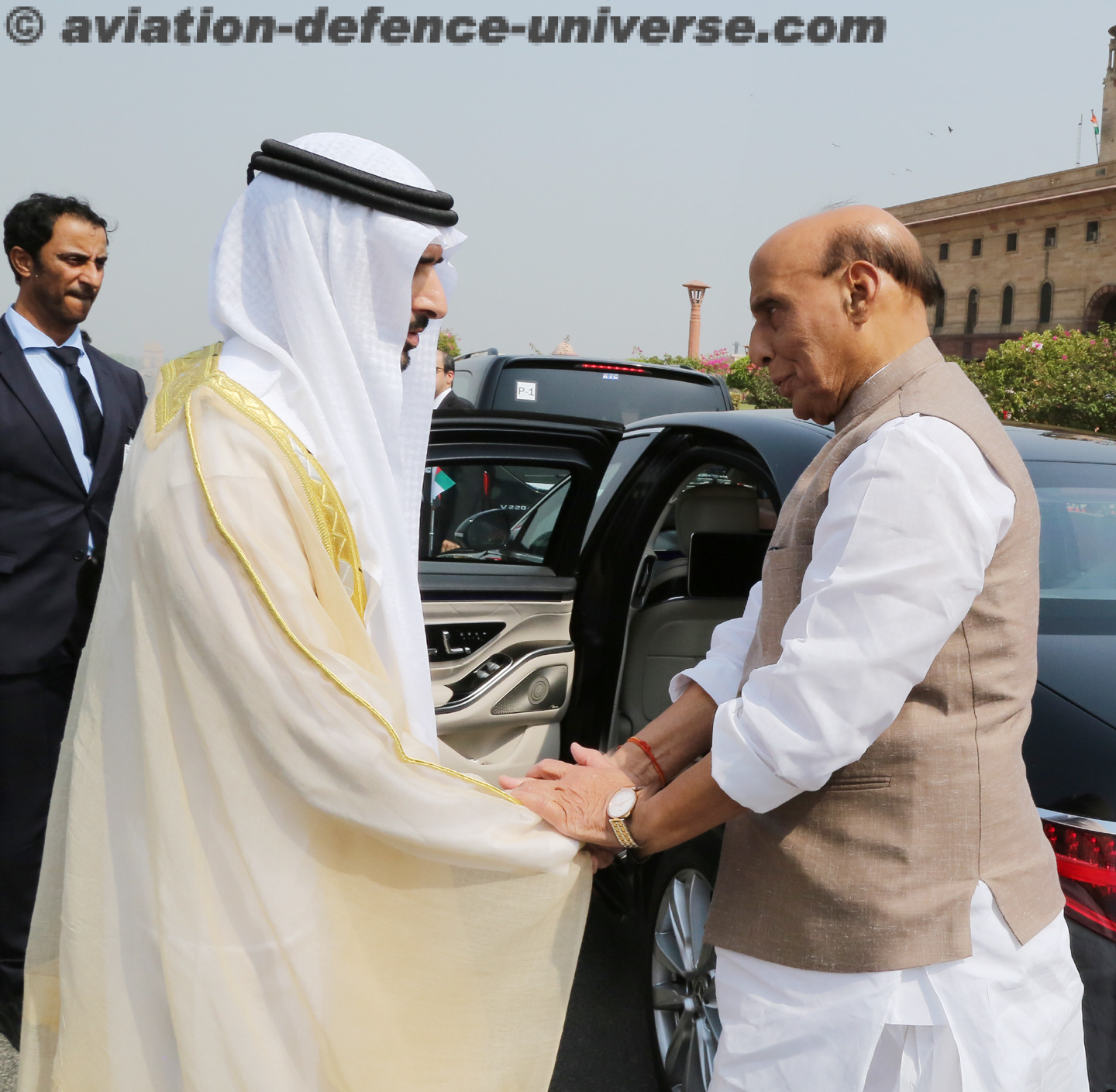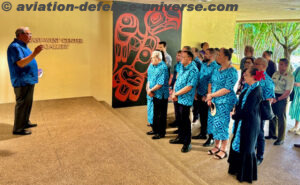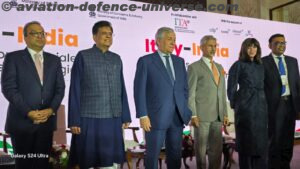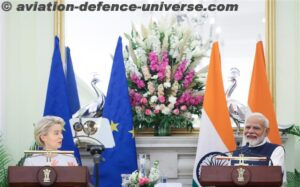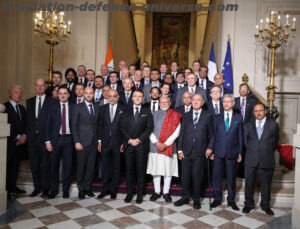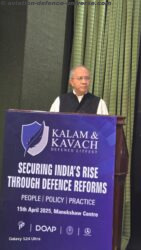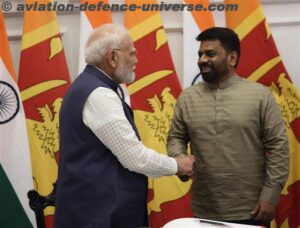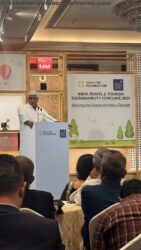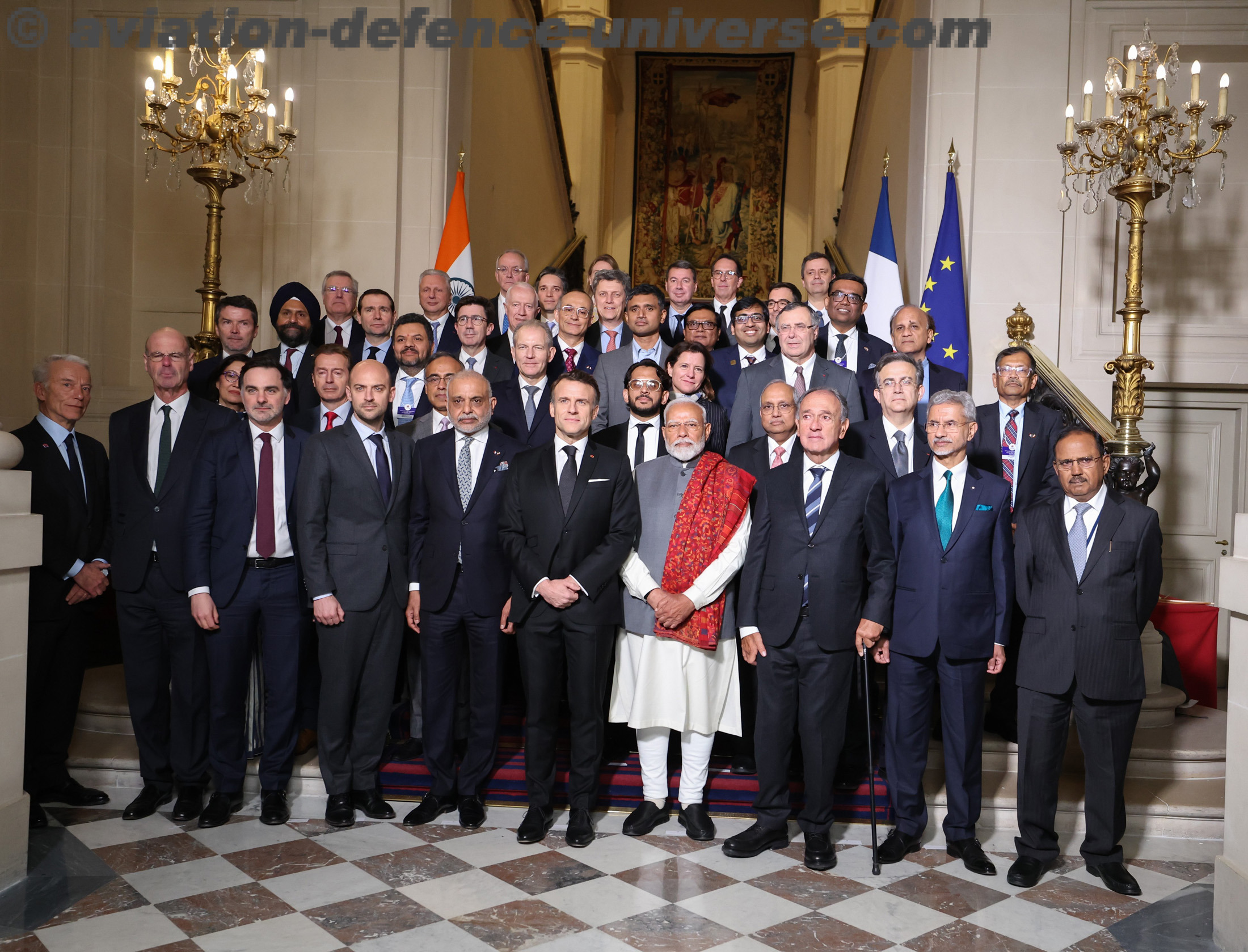New Delhi. 14 September 14, 2016. Dr Mohammad Ashraf Ghani, President of the Islamic Republic of Afghanistan, suggested the setting up of a Task Force by the governments of Afghanistan and India as also by chambers of commerce of the two countries create a concrete roadmap and mechanism to take the strategic relationship between India and Afghanistan forward. The Task Force could meet during the Heart of Asia conference in December in India.
While delivering his keynote address, at the business meeting jointly organized by FICCI, CII and ASSOCHAM, on the sidelines of the President Ghani’s two-day official visit to India, Dr. Ghani said that the allocation of $1 billion by Prime Minister Narendra Modi towards rebuilding and future of Afghanistan is a statement of belief in the strategic partnership between the two countries. He underlined the need for business chambers of the two countries to contribute towards Afghanistan’s efforts by setting up a target of $10 billion in trade and investment in the next five years.
Speaking on the issue of connectivity, he said that cargo flights had major capabilities and could be used for transporting Afghan goods that are in demand to India. And Indian products like tea could travel back to Afghanistan creating a value chain which can be affordable and sustainable. He added that Afghanistan also looked up to India for establishing of dry ports.
Dr. Ghani said that there were numerous sectors for mutual cooperation between the two countries. He urged the Indian business community to explore the sectors of medicine, textile, power, solar energy, jewellery, skill development, empowerment of women and infrastructure on priority for trade and investment in Afghanistan.
General (Retd.) V K Singh, Minister of State, Ministry of External Affairs, Government of India, said that the strategic partnership between India and Afghanistan has been growing steadily and now is the time to boost this relationship further by taking trade and investment between the two countries to the next level. The private sector needed to explore new avenues for partnership between the two countries and must engage in creating capabilities and capacities, allowing Afghanistan to rebuild its economy and providing employment opportunities to its citizens.
















